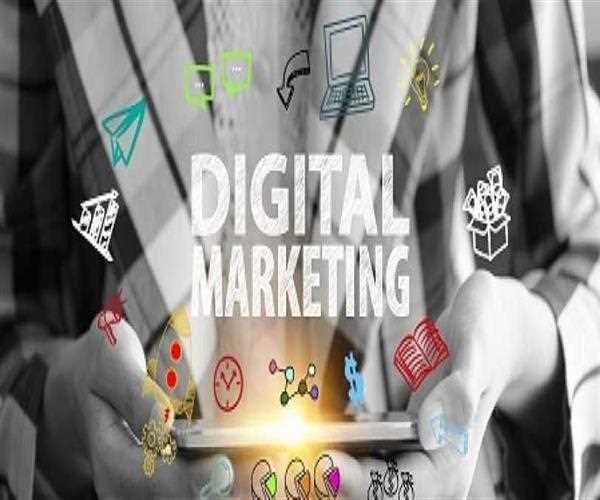What is Digital Marketing?
Digital marketing refers to the promotion of products or services through digital channels such as the internet, mobile devices, social media, search engines, and email. It aims to connect businesses with potential customers where they spend much of their time—online.
Core Elements of Digital Marketing:
SEO (Search Engine Optimization): Improving website visibility on search engines.
Social Media Marketing: Using platforms like Facebook, Instagram, and LinkedIn to reach audiences.
Content Marketing: Creating and distributing valuable content to attract and retain customers.
Email Marketing: Personalized communication with customers via email.
PPC (Pay-Per-Click): Paid advertising to drive traffic (e.g., Google Ads,Geometry Arrow).
Affiliate/Influencer Marketing: Leveraging partners or influencers to promote products.
Mobile Marketing: Reaching users through mobile apps, SMS, or mobile-optimized websites.
The Future of Digital Marketing
Digital marketing is rapidly evolving, driven by technology and changes in consumer behavior. Here's what the future holds:
1. Artificial Intelligence (AI) & Automation
Predictive analytics, chatbots, and content generation powered by AI.
Automated ad buying and campaign optimization.
2. Personalization at Scale
Highly personalized experiences based on user data, behavior, and preferences.
Dynamic content and tailored product recommendations.
3. Voice and Visual Search
Rise of voice assistants like Alexa and Google Assistant.
Visual search using images (e.g., Google Lens, Pinterest Lens).
4. Augmented Reality (AR) & Virtual Reality (VR)
Interactive experiences in e-commerce, gaming, and real estate.
Try-before-you-buy tools (e.g., virtual fitting rooms).
5. Video Content Domination
Short-form videos (e.g., TikTok, Instagram Reels) becoming central.
Live streaming and interactive video content.
6. Privacy and Data Regulations
Stricter data privacy laws (e.g., GDPR, CCPA).
Shift toward first-party data collection and cookieless tracking.
7. Sustainability and Ethical Marketing
Consumers favoring brands that are environmentally and socially responsible.
Transparent and ethical digital practices becoming a competitive edge. Digital marketing is the present and future of brand communication. It is becoming moredata-driven, intelligent, and personalized. Brands that adapt to these trends will thrive in a competitive digital landscape.
